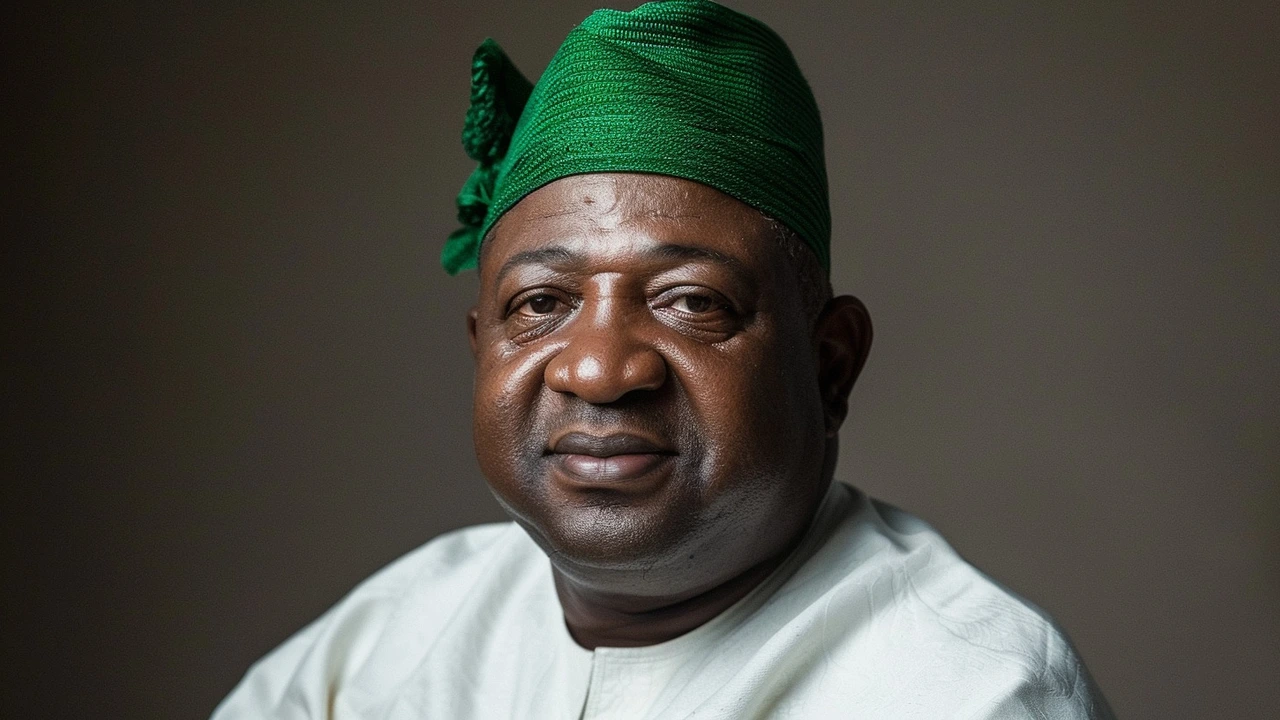Eid-el-Kabir: A Practical Guide to Eid al-Adha
Eid-el-Kabir, also called Eid al-Adha, marks the end of Hajj and honors Abraham's willingness to sacrifice. Families gather for prayers, meals, and the qurbani (sacrifice) that shares meat with relatives, neighbours and the needy. In many African countries the day blends religious ritual with local food, music and community fairs. This page helps you know what to expect, how to join respectfully, and practical tips for travel, gifts and donations.
What happens on Eid-el-Kabir?
The day begins with a special congregational prayer at dawn, often held in mosques or open grounds. After prayer, families perform qurbani by slaughtering a permitted animal or by donating to a trusted charity that does it on their behalf. Islamic law usually divides the meat into three parts: one for family, one for friends and neighbours, and one for poor households. Visiting relatives, wearing new or clean clothes, and sharing sweet dishes are common customs across regions. Public holidays and market rushes are normal, so expect busy roads and closed banks or government offices.
Practical tips for visitors and neighbours
If you are not Muslim but invited to a home, accept food and greetings with a smile and say “Eid Mubarak” back. Dress modestly when attending prayers or visiting homes. If you plan to join a qurbani, ask beforehand how the host handles slaughter, storage and distribution. Tourists should book transport and accommodation early and respect mosque rules like removing shoes and keeping quiet during prayer. For neighbours, be ready for extra noise from celebrations and occasional traffic; a friendly greeting goes a long way.
Looking to donate? Choose local charities with clear qurbani programs and proof of distribution. Many organisations list where animals are bought and how meat is split. If you prefer cash donation, pick groups that work with community leaders to reach vulnerable families. Think about sustainable options: some charities offer community meals instead of individual slaughter or use refrigerated logistics to reduce waste.
Food safety matters. After qurbani, refrigerate or freeze meat promptly, and use safe butchers or refrigerated taxis when moving larger portions. If a home hosts large guest numbers, consider ordering extra plates and hire temporary help for serving and cleaning to avoid last-minute stress. For children, explain simple parts of the day and keep them near an adult during slaughter times.
Eid-el-Kabir is about faith, family and sharing. Whether you celebrate or are simply curious, a respectful attitude, smart planning and a willingness to help will make the day smooth and meaningful for everyone involved.
In most countries the date changes each year because the Islamic calendar follows the moon. Local mosques, Muslim councils or community groups announce the exact day after moon sighting. In Africa you will often see vibrant markets selling spices, new clothes and animals in the week before Eid. Plan ahead for cash needs and early market visits to avoid long queues. Respect local customs when photographing people or animals during market scenes. Ask before you share.

Gov Mutfwang Urges Prayers for a Peaceful and United Nigeria During Eid-el-Kabir Celebrations
Keabetswe Monyake Jun 16 12Governor Caleb Mutfwang of Plateau State has called upon the Muslim community to pray for Nigeria's peace and unity during the 2024 Eid-el-Kabir celebrations. Stressing the importance of love, charity, and tolerance, he reaffirmed his administration's commitment to citizen welfare and security.
More Detail